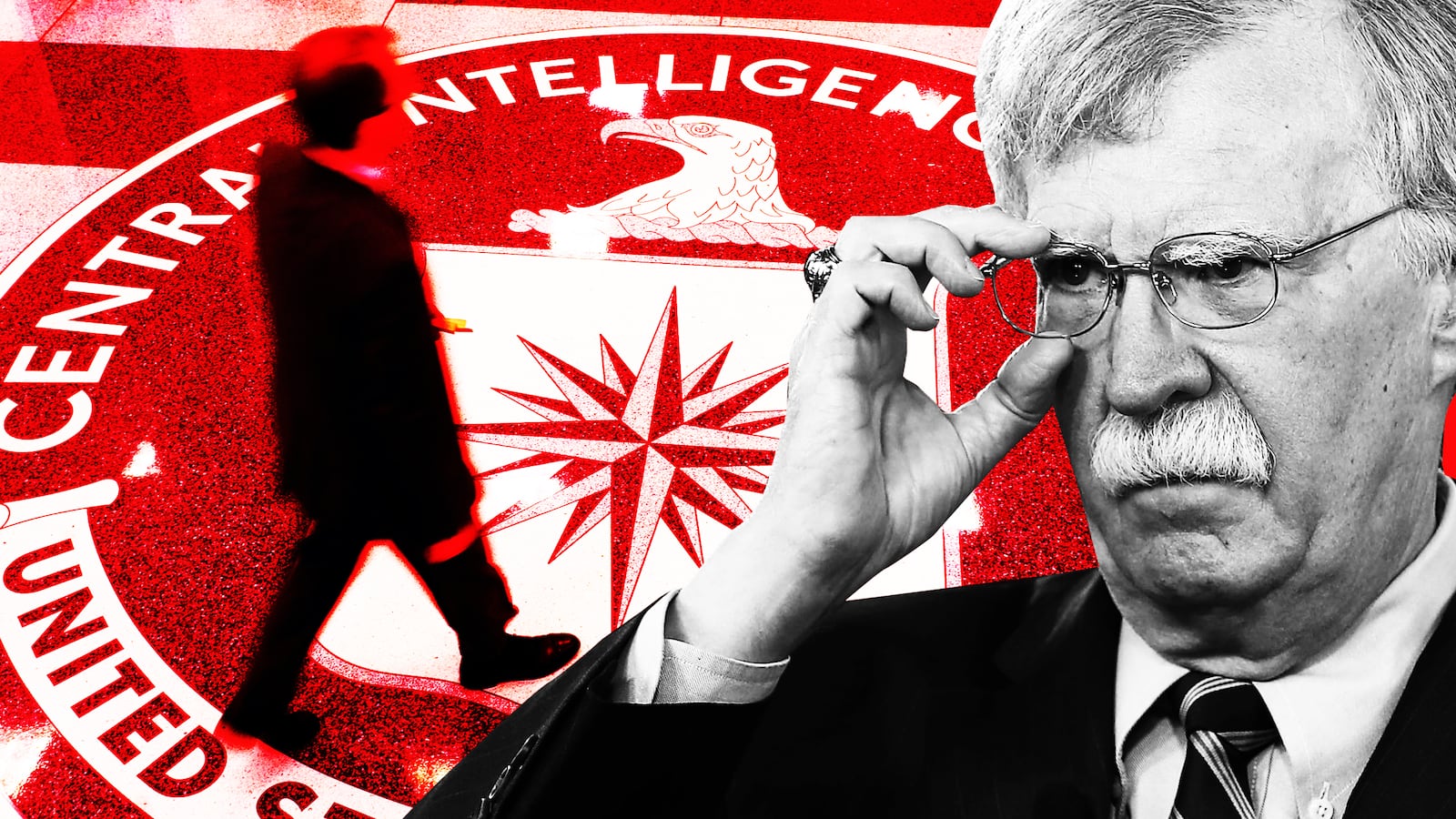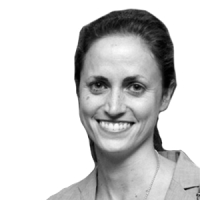Michael Barry, the senior National Security Council director for intelligence programs, is leaving the White House, according to two government officials.
Barry’s departure adds to the growing list of vacant senior NSC positions since the appointment of new National Security Adviser John Bolton, who is said to be restaffing the influential policymaking body with his own staff choices.
Barry’s departure is on “very good terms,” one source said, but it will be a “tough loss for the NSC.” According to the source, Barry is returning to the Central Intelligence Agency, where he served before joining the NSC staff. His detail from CIA to the NSC is coming up, The Daily Beast has learned.
Barry, a CIA veteran, was well received on the NSC when he joined last fall, largely because he was replacing Ezra Cohen-Watnick, who had repeatedly clashed with the CIA, fellow NSC staffers, and Cabinet officials during his tenure.
Compared to Cohen-Watnick, Barry brought years of government experience to the job. One of the chief criticisms of Cohen-Watnick, in addition to his controversial policy proposals, was that he was far too junior for the role.
Former national security adviser H.R. McMaster fired Cohen-Watnick in August 2017 and brought on Barry soon after.
It’s still unclear what Bolton's NSC will look ultimately like and what role it will play in policy development and implementation. Bolton has not articulated his vision yet for this, but it’s an open debate about what the right size and scope of the council should be, according to a source with knowledge of the internal discussions. Whether this results in a smaller NSC remains to be seen.
One early indication of its possible influence, however, was a decision announced by President Trump during Monday’s meeting with Vladimir Putin in Helsinki to designate the NSC, not the State Department, as the lead in an effort to improve relations with Russia.
“We expect there will be ongoing working-level dialogue between the two security council staffs on national security issues,” NSC spokesperson Garrett Marquis told The Daily Beast after the Trump-Putin summit.
In just the last few weeks, there have been a slew of departures from the NSC. They include Richard Hooker, senior director for Russia; Jennifer Arangio, senior director for international organizations; Michael Bell, the top Middle East adviser; and Joel Rayburn, senior director for Iran, Iraq, Syria and Lebanon. James Sindle, director for Lebanon, and Air Force Colonel Kris Bauman, senior director for Israeli-Palestinian issues, have also left since Bolton’s arrival. The senior director for counterterrorism is currently filled by Chris Miller, who is serving in an acting capacity since retired Col. Christopher Costa left months ago.
The senior directorship for intelligence at the NSC is one of the most important positions in the intelligence community. While it doesn’t have an operational role in intelligence, as it provides a crucial liaison between the intelligence agencies and the White House. Ex-CIA Director George Tenet, for example, held the role on Bill Clinton’s NSC before Clinton tapped Tenet to become deputy CIA director.
A National Security Council spokesperson declined to comment on personnel matters. The CIA declined comment as well.
Published in conjunction with Just Security.







